RuPaul’s Drag Race Winner Bianca del Rio
An exclusive interview with recently crowned winner of RuPaul's Drag Race

Photo by Mathu Andersen
MW: Letting your guard down kind of became the theme for portrayals of you specifically. Yet to a large extent drag queens are supposed to be edgy and sassy and hard. I mean, isn’t that how you approach being Bianca in general?
DEL RIO: I don’t think there’s a rulebook when it comes to drag queens. I know many drag queens — they’re all very different. Everybody does drag for different reasons. But in my case, I am an insult comic. I am a ballsy person. I’m not afraid to speak my mind, good or bad. And I’ve kind of turned it into my act, in my show, and what I do. But that’s not everybody’s route. Some are singers, some are dancers, some are brilliant lip-sync artists. I think we’re all just different. And I think that when you put that many people in a room, as gay men — we all come from different places — so I think that that can be a little racy, a little heightened at times.
MW: But the experience of the show, has it made you want to be nicer or less mean?
DEL RIO: What I do on stage is what I do on stage. It’s not my identity. It’s not my world. I go up there to make jokes, and the biggest joke there is, is myself. I make fun of myself. One of Ru’s sayings is, “If you can’t make fun of yourself, how the hell are you going to make fun of somebody else?” She says “love,” but I say “make fun of,” because that’s what works for me. But all of that goes in the same vein — you have to know yourself in order to do anything. And for me, I’ve had 18 years of working in bars and doing theater. I’ve kind of made this my craft. But is that who I am as a real person? No. And it’s also not everybody’s cup of tea. Some people don’t like it. Some people think it’s too racy. Some people think it’s too much. And all of that’s fine. But the great thing about the show is the platform it gives you, and also, it gives people a chance to see that we’re human beings. The show is shown in several countries, and a majority of the people that I talk with on Twitter or on my fan page are straight people in middle America, who have never really met a drag queen, but love the show. And I think what is great about the show is that it shows that normal side of you — the humanity. I mean, on a daily basis I’m not a total bitch. [Laughs.] But what I do on stage is what I do on stage.
MW: Sure, but in the finale you even conceded that at least a couple times over the course of the show you thought you went a bit too far.
DEL RIO: I think that when you watch it, as a human being, you always go, “Ewww. Maybe I shouldn’t have said that at that point.” But once again, it was a show. You don’t get that much time to explain yourself. I do take responsibility for what I’ve said. I always do. I’m like, “Maybe I shouldn’t have said this. Or maybe I should have said that in a better way.” There were some heightened moments with Trinity in the beginning, where my temper was a little hot. Also my temper with LaGanja on occasion was hot. But remember you’re seeing 10 minutes of something that might have been three hours. So it’s not like going zero to 100 on a regular basis. Those were just those moments when I said what I said, and I can’t deny I said it, and they’re going to use it. And they did. But that’s what I signed up for. I knew exactly what was going to happen. You go in there, and it’s a reality show. They’re there to make a show. You’re a part of it, but it’s a show. It’s entertainment.
MW: You’ve been doing drag for 18 years now. I wanted to get your thoughts about drag’s evolution in that time, specifically its explosion in popularity. Why do you think it is that drag has become more popular and gayer over just the past decade? It can’t all just be because of the show, can it?
DEL RIO: I think it’s become more mainstream, and I do think the show has brought this to another level. It’s had a huge impact on the world. I know that sounds really intense in saying the world, but the messages on Facebook, on Twitter — the reaction videos I’ve seen at bars where they were showing the show, it was like the Super Bowl. It was insane that that many people — I had no idea that that many people watch it on a daily basis. I have a fan page, which I did not have prior to the show — right now it is over 70,000 people. And each day there’s another 300 or 400 people adding to it. So the show has had a huge impact on drag. Years ago, you would have to go to a bar or to a theater to see a drag queen — or to be gay to even know where drag queens were. So putting it in their living rooms like this every week, and having people want to watch it, and having it be as popular as it is, is really amazing.
And not just show the bitchy, catty side. You know, it’s showing all sides of what we experience and what we’re going through on the show. I mean it doesn’t define every aspect of drag. But I think that it’s definitely a beginning, to humanize us as people. And people see that we have the same problems, and the same wants and needs, as heterosexual people. We all want rights, we all want boyfriends, and we all want to be happy. It shows that side of us, which I think has helped the community in many ways.
And not to mention a majority of these girls we would have never heard of without the show. No one would have heard of me on this grand level without the show.
MW: What was it that drew you to drag in the first place?
DEL RIO: I came from theater. I started in theater. In costumes and wigs, I’ve always loved all that. I worked in wigs and makeup for many years, and I just loved the idea of creating. I loved that fantasy world. It wasn’t anything sexual. I didn’t feel like I was in my wrong body. It was never that for me. It was more just artistic expression. Nothing too personal.
MW: And that is something I really like about your style. You’re clearly not trying to be a woman.
DEL RIO: Oh god no! No, no, no. And there are people that do that well. There are some beautiful queens out there. That ain’t me! And I’m okay with that. I know what I am, I’m a clown. And I make jokes. And I like a heightened clowny look. It’s not everybody’s cup of tea, but that’s okay. It’s what I prefer to do.
Support Metro Weekly’s Journalism
These are challenging times for news organizations. And yet it’s crucial we stay active and provide vital resources and information to both our local readers and the world. So won’t you please take a moment and consider supporting Metro Weekly with a membership? For as little as $5 a month, you can help ensure Metro Weekly magazine and MetroWeekly.com remain free, viable resources as we provide the best, most diverse, culturally-resonant LGBTQ coverage in both the D.C. region and around the world. Memberships come with exclusive perks and discounts, your own personal digital delivery of each week’s magazine (and an archive), access to our Member's Lounge when it launches this fall, and exclusive members-only items like Metro Weekly Membership Mugs and Tote Bags! Check out all our membership levels here and please join us today!




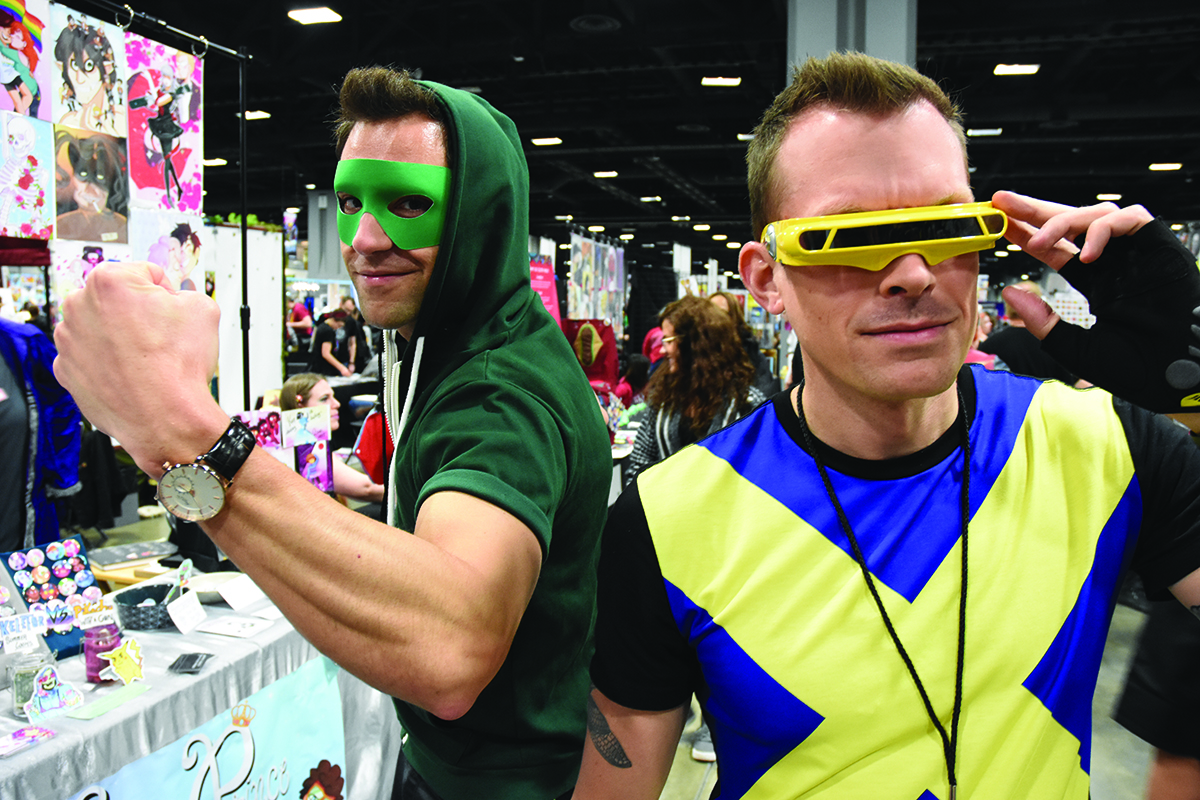
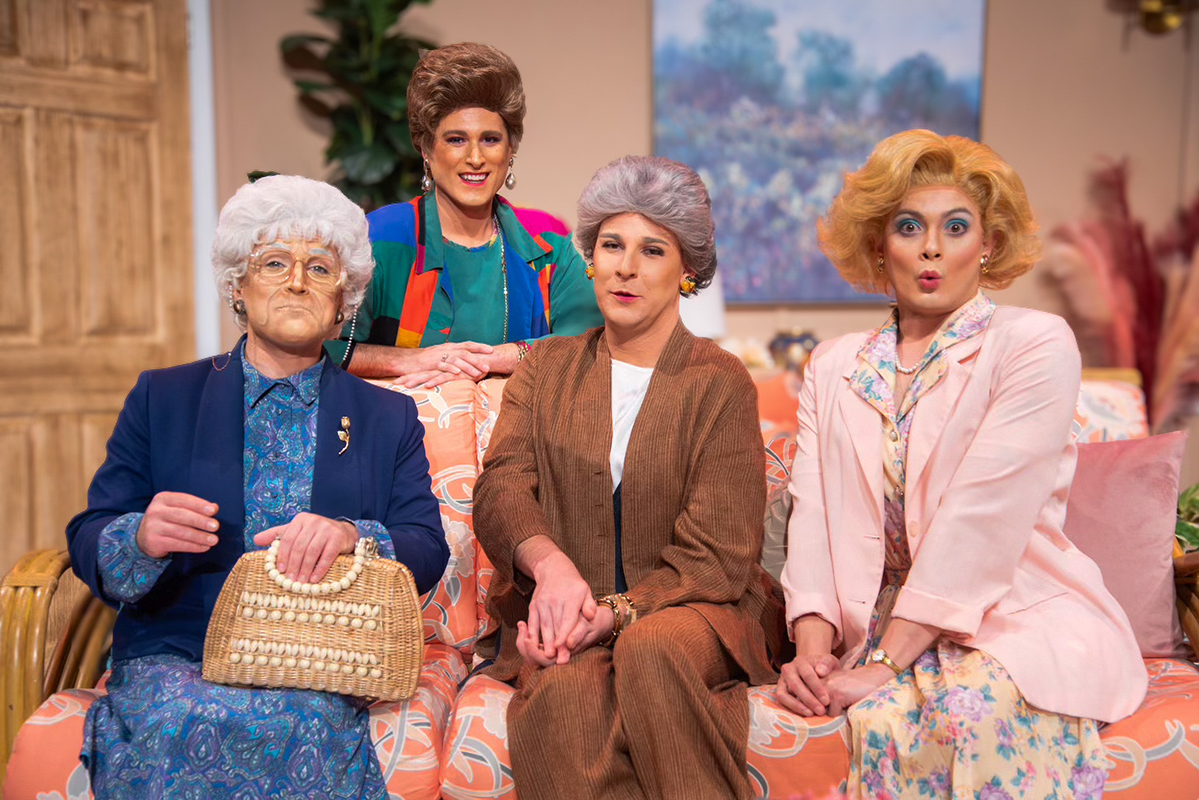
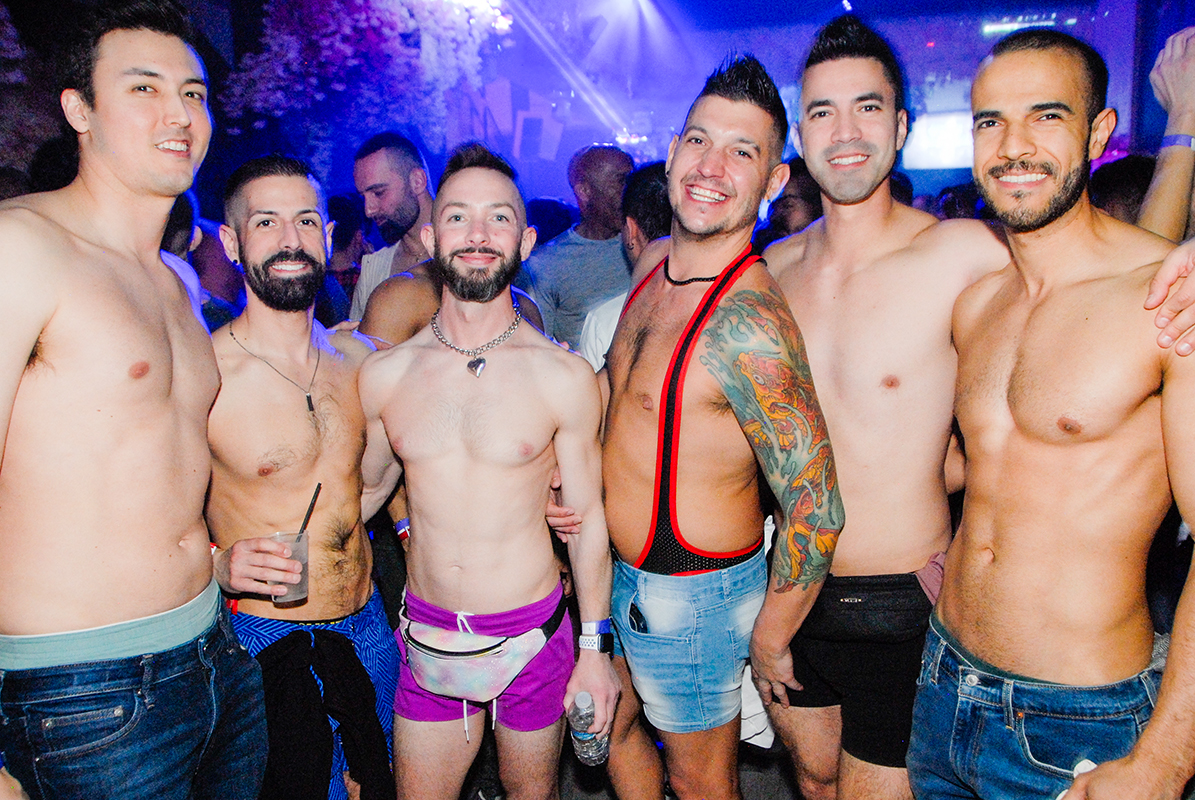














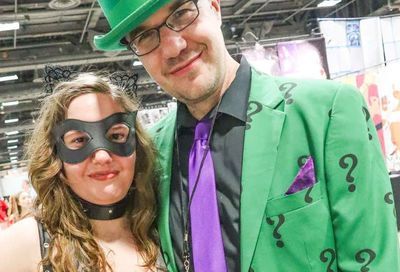
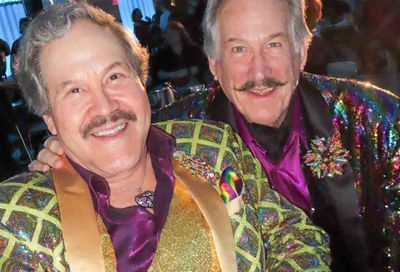
You must be logged in to post a comment.